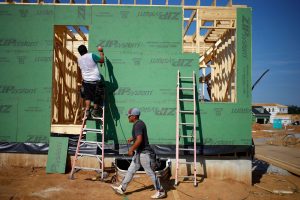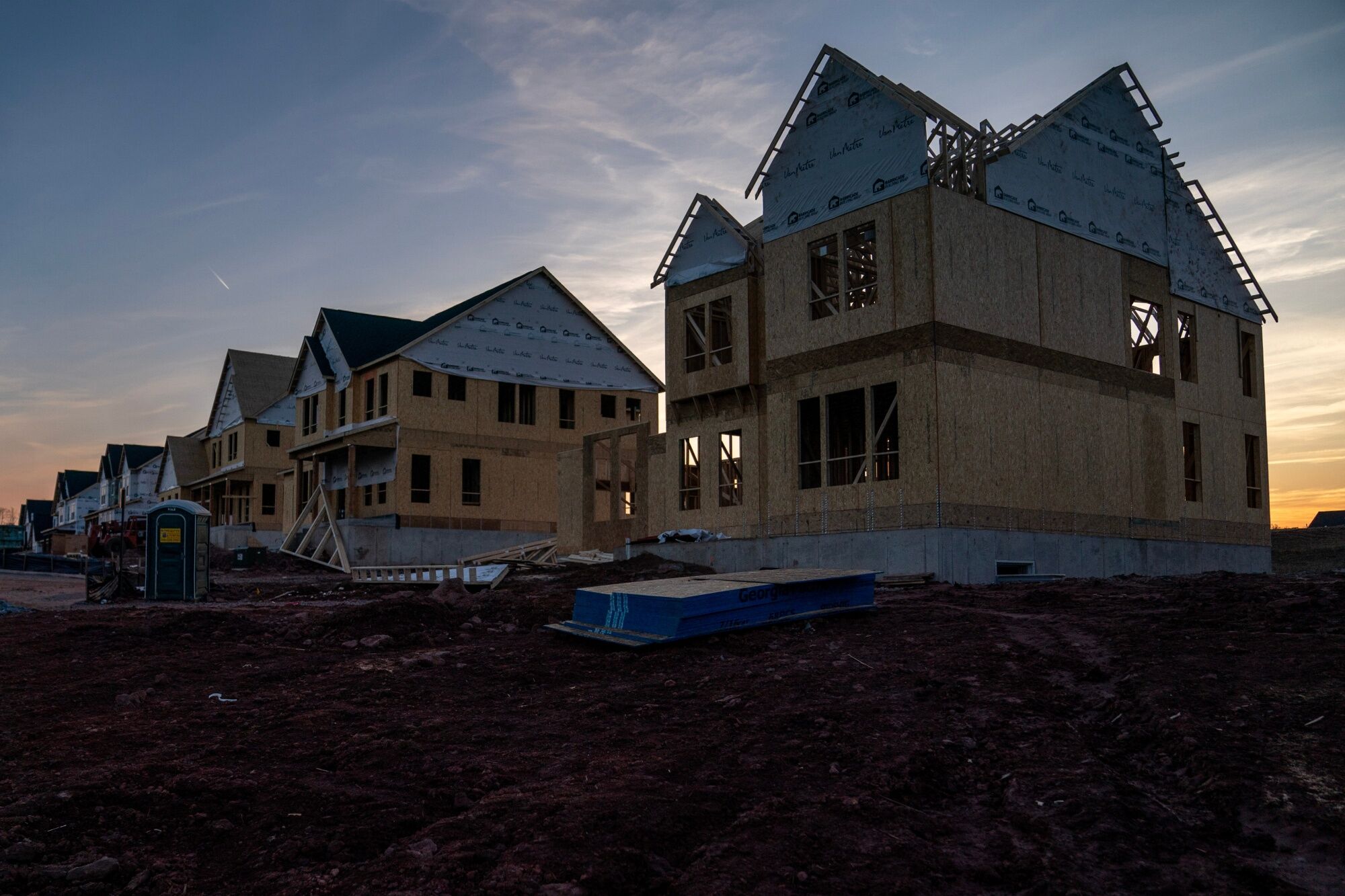ICC 2024 Revised Building Code Makes Electricity Minimums Optional
from Bloomberg, originally posted as
US Homes Face Costly Retrofits for Induction Stoves, EV Chargers
New homes in the US may not be “electrical ready” after an international standards agency excluded building electrification measures from its latest energy code.
April 5, 2024 at 2:00 AM GMT-7
Buyers of new homes in the US may find themselves saddled with electrical systems better suited to the 20th century than the 21st
Electrification is broadly seen as a way of cutting greenhouse gas emissions because both the grid and many electrical appliances are more energy-efficient than their fossil-fuel counterparts.
At the same time, “electrifying buildings is going to create a ton of new demand for electrician jobs, both in homes and buildings but also in manufacturing for those products that are getting installed in buildings,” said Patrick Hughes, the senior vice president of operations and strategy at the National Electrical Manufacturers Association, an electrical equipment trade group.
Contractors install siding on a house under construction in Kentucky.Photographer: Luke Sharrett/Bloomberg
Unlike automobile and appliance standards, which are regulated on a federal level, the US has no national building code. The ICC, a nonprofit, has become the de facto code setter. Its energy code “is supposed to be a benchmark for energy performance of homes,” said Michael Waite, the director of codes and building standards at the American Council for an Energy-Efficient Economy. (The code’s official name, the International Energy Conservation Code, or IECC, is something of a misnomer — as it’s mainly used in the US.)
Historically the IECC, which is revised every three years, focused on improving energy efficiency through features such as insulation. “But there has been more of a movement in the last few code cycles to look at a bigger picture in terms of decarbonization,” said Amy Boyce, the senior director of building and energy performance at the Institute for Market Transformation. “For decarbonization, you’re looking at getting rid of the use of fossil fuels.”

But upgrading an existing home is costly. When Boyce looked to install an induction stove in her 19th-century home, she was told it would require both an upgrade to her electrical panel and a wiring installation in the kitchen. “So in order to get an induction stove, I was quoted $4,000 — without the stove,” Boyce said, adding that these upgrades can not only be costly but disruptive, as “you might be ripping out drywall, or flooring.”
Boyce, who was part of one of the IECC’s code-developing committees, said a preliminary document included measures for building homes that were not only energy-efficient but “electric ready” — with bigger electrical panels, outdoor circuits that could handle EV charging, boiler rooms with plugs for electric water heaters and so on.
An electric vehicle charges.Photographer: Benjamin Girette/Bloomberg
Gabe Maser, senior vice president of government relations for the ICC, said the board’s decision to move the electric-ready procedures to the appendices came down to scope: The electrification measures are geared more at decarbonization than they are energy conservation. The board narrowly defined the IECC’s remit as conservation.
Maser said even including the provisions in the appendices “is a step forward from the 2021 code,” which did not have such provisions at all. The 2024 code represents 6.5% and 10% improvement in energy conservation for residential and commercial buildings, respectively, when compared to 2021 standards, he said.
Boyce said these energy savings could have been greater if advocates for electric readiness had not accepted certain trade-offs to get their provisions in the final code. For instance, they agreed to a rollback on the amount of insulation that goes into roofs, as well as the minimum energy-efficient performance level needed for heating equipment, she said.
“The people who wanted electric ready gave up other elements in order to get the electric ready in. And then that got taken out. So they feel a little cheated,” Boyce said.
Among the groups that appealed the proposed code updates were the American Gas Association, the American Public Gas Association and the Building Owners and Managers Association. In a statement, the American Gas Association said the ICC’s board of directors “made the right decision for the United States to be more energy efficient in removing these deeply problematic provisions from the code base.”
“It’s pretty inevitable that we are heading away from fossil fuels, from using methane gas,” Boyce said. “And so now, in order for the gas company to retain their profits for a few more years, we’re in a situation where an individual homeowner is going to have to either pay really high prices for their energy or pay really high prices for a renovation.”

